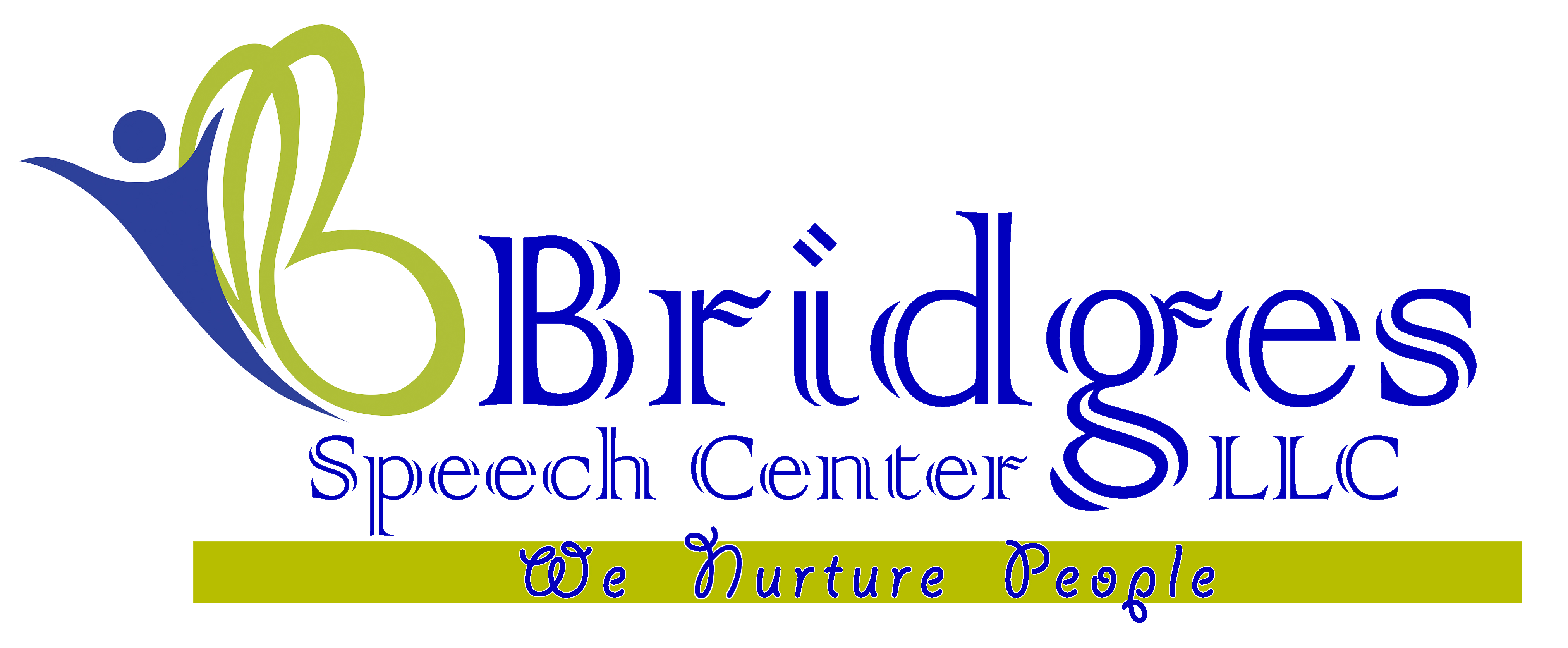- About Us
- Our Services
- Speech Therapy
- Speech and Language Therapies for Adults in Dubai
- Speech and Language Therapies for Children in Dubai
- Accent therapy
- Augmentative Alternative Communication (AAC) Therapy
- Articulation Speech Therapy
- Auditory Processing therapy/ Auditory verbal therapy
- Language Intervention: Speech Delay therapy
- Oral Motor Therapy
- Play Based therapy
- PROMPT/DTTC/RePT for Childhood Apraxia of Speech
- Social communication/Pragmatic language therapy
- Stuttering / Stammering therapy Program
- Spellography Program for Dyslexia
- Voice Therapy
- Feeding Therapy
- Occupational Therapy
- Sensory Integration
- Clinical Psychology & Psychotherapy
- Cognitive Behavioral Therapy(CBT)
- ABA /Behavior Therapy
- Bridge Learning Program
- Group therapy
- Summer/Winter Program
- Telehealth Services
- Training Program/CEU
- Internship/ Observership
- Speech Therapy
- Super Team
- Collaboration
- Training Course
- News/Blogs
- About Us
- Our Services
- Speech Therapy
- Speech and Language Therapies for Adults in Dubai
- Speech and Language Therapies for Children in Dubai
- Accent therapy
- Augmentative Alternative Communication (AAC) Therapy
- Articulation Speech Therapy
- Auditory Processing therapy/ Auditory verbal therapy
- Language Intervention: Speech Delay therapy
- Oral Motor Therapy
- Play Based therapy
- PROMPT/DTTC/RePT for Childhood Apraxia of Speech
- Social communication/Pragmatic language therapy
- Stuttering / Stammering therapy Program
- Spellography Program for Dyslexia
- Voice Therapy
- Feeding Therapy
- Occupational Therapy
- Sensory Integration
- Clinical Psychology & Psychotherapy
- Cognitive Behavioral Therapy(CBT)
- ABA /Behavior Therapy
- Bridge Learning Program
- Group therapy
- Summer/Winter Program
- Telehealth Services
- Training Program/CEU
- Internship/ Observership
- Speech Therapy
- Super Team
- Collaboration
- Training Course
- News/Blogs
Stuttering / Stammering Therapy Treatment in Dubai
- Home
- Our Services
- Stuttering / Stammering Therapy
Stuttering therapy for adults
Stuttering therapy for adults, also known as fluency therapy, is a specialized intervention designed to help individuals who stutter improve their speech fluency, communication confidence, and overall quality of life. Stuttering is a communication disorder characterized by disruptions in the natural flow of speech, which can include repetitions, prolongations, and blocks of sounds, syllables, or words. Stuttering therapy aims to reduce the frequency and severity of these disruptions, enhance speech clarity, and empower individuals to communicate more effectively. Here’s a detailed look at stuttering therapy for adults:
- Assessment: Stuttering therapy begins with a comprehensive assessment conducted by a speech-language pathologist (SLP). This assessment evaluates the individual’s stuttering patterns, severity, associated behaviors, emotions, and overall communication needs.
- Individualized Treatment: Stuttering therapy is tailored to the specific needs and goals of each individual. Treatment plans are personalized based on the assessment findings.
- Education and Awareness: Therapy begins with educating individuals about the nature of stuttering, its possible causes, and the factors that can influence its occurrence.
- Fluency Techniques: Therapy introduces various fluency techniques aimed at reducing the occurrence of stuttering moments. These techniques include:
- Slow and Easy Speech: Encouraging individuals to speak slowly and with gentle onset of sounds to minimize disruptions.
- Easy Onset: Starting words with minimal tension or resistance, promoting smoother speech initiation.
- Prolonged Speech: Deliberately prolonging the initial sounds of words to reduce tension and increase fluency.
- Pausing and Phrasing: Learning to insert appropriate pauses and break sentences into manageable phrases for smoother speech flow.
- Breathing Techniques: Therapy often includes teaching breathing techniques that promote relaxation and ease tension, which can contribute to more fluent speech.
- Desensitization: Individuals learn strategies to desensitize themselves to the fear and anxiety associated with stuttering, helping to reduce the impact of negative emotions on speech.
- Cognitive-Behavioral Approaches: Therapy addresses the emotional and psychological aspects of stuttering, helping individuals manage anxiety, build confidence, and adopt positive attitudes toward their communication.
- Self-Monitoring: Individuals are taught to self-monitor their speech patterns, track progress, and implement strategies to enhance fluency.
- Practice and Generalization: Fluency techniques are practiced during therapy sessions and then gradually generalized to real-life communication situations.
- Communication Styles: Therapy explores different communication styles and techniques that suit the individual’s comfort and communication goals.
- Voluntary Stuttering: Individuals may engage in voluntary stuttering exercises to help reduce the fear of stuttering and promote a sense of control.
- Support Groups: Group therapy sessions or support groups provide opportunities for individuals who stutter to connect, share experiences, and practice communication in a supportive environment.
- Maintenance and Relapse Prevention: As progress is made, therapy focuses on maintaining gains and providing strategies for preventing relapse.
- Psychosocial Support: Stuttering therapy acknowledges the emotional impact of stuttering and provides support for building confidence, reducing frustration, and enhancing overall well-being.
Stuttering therapy for adults not only targets improved speech fluency but also aims to boost self-confidence and promote effective communication. By providing individuals with a range of techniques, strategies, and coping mechanisms, stuttering therapy empowers adults to navigate conversations more smoothly, express themselves with greater ease, and overcome the challenges associated with stuttering.
Make Appointment
Testimonials
What Parents Say
Send us an email if you wish to talk to any of them. For more reviews, please go to Google reviews.

My experience with bridges speech centre has been great. My child is attending OT in the center and we are happy and proud with the progress Mrs. Richa has made. The therapists are very supportive and knowledgable in selecting techniques to suit with our child's requirements . Their monthly review and evaluation is remarkable. I highly recommend bridges speech centre to anyone looking for an affordable and professional therapy for their child....

We were asked to consult a speech therapist for my son. As parents we were quite skeptical about this whole process. However, once my son started attending Dr Rupali’s sessions we noticed a drastic improvement in his speech. He used to speak only a few words but within the 1st four sessions he started speaking up-to 5 words sentences. I also learnt to manage my child’s emotions better with Dr Rupali’s guidance. She is very cooperative and patiently answer all questions.

We took our 21 month old daughter to Bridges speech center following her cleft palate surgery as she needed Speech therapy. Ms.Rupali was recommended to us by both our Pediatrician and ENT specialist. The staff at Bridges are qualified, warm and friendly. My daughter loved to attend the speech therapy sessions. Through various techniques and simulations provided during these sessions, I can see considerable improvement in my daughter's speech. Lastly I would say, no child is same, as parents we need to be patient and trust the process.

Rupali was excellent. In just couple of sessions she helped my child overcome difficulty in pronouncing ch and sh sound. Thanks very much.Highly recommend for children who will need assistance in speech therapy.
Blog & Article
Our Latest Blog & Articles
Are you feeling depressed or anxious?
Are you feeling depressed or anxious? abdulrehman August 16, 2023 Uncategorized Are you...
Sensory Integration
Sensory Integration abdulrehman August 11, 2023 Uncategorized Sensory Integration Sensory integration is a...



